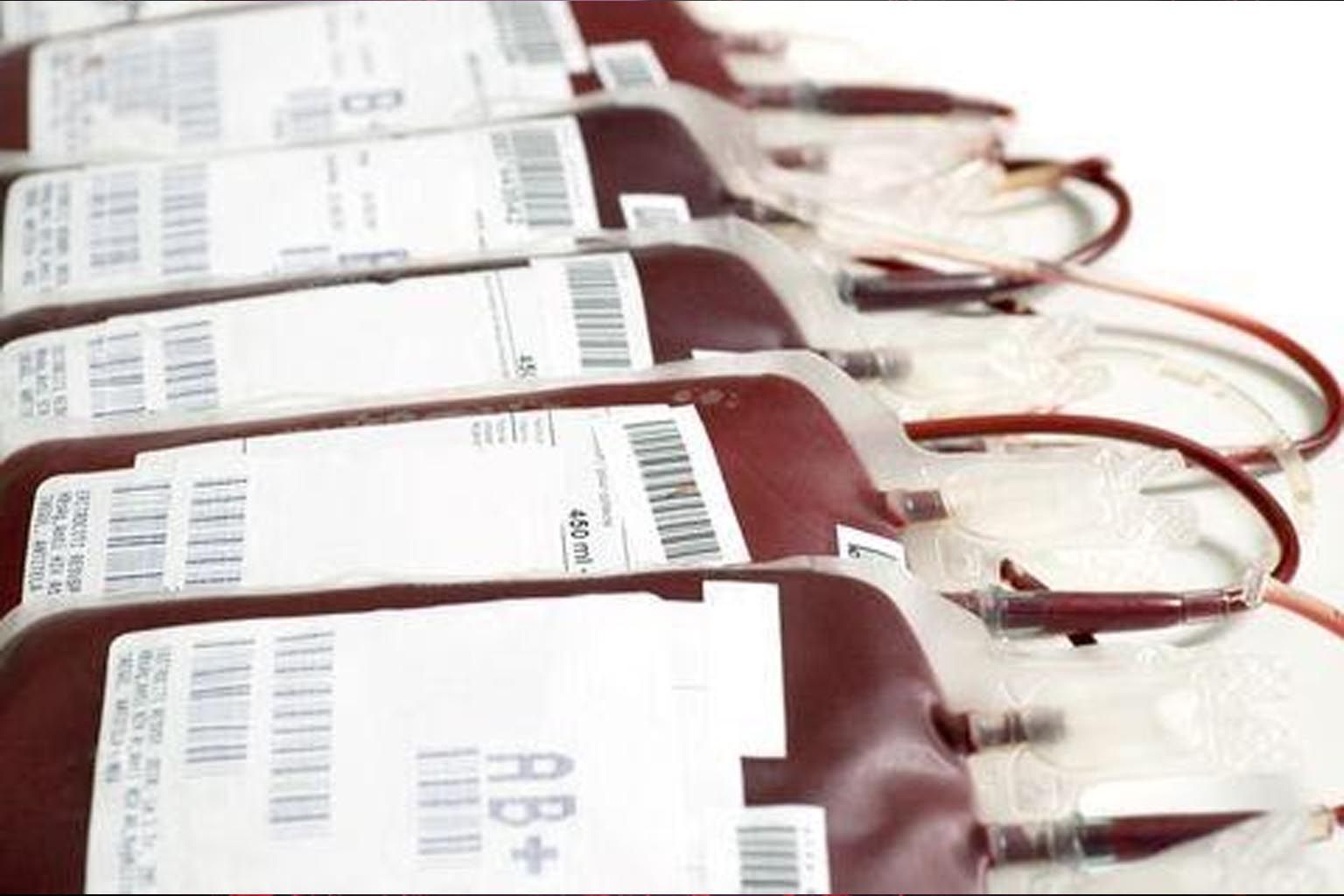Blood donation is a noble cause. It is a safe and simple procedure that can save someone’s life. However, there is a lot of curiosity that surrounds blood donation. The process of blood donation, the requirements, and what to do afterward can confuse anyone. Did you know that someone in the USA is in need of blood every 2 seconds? In this blog, we aim to answer some of the common questions that most of the ladies have about blood donation. Knowing the answers to important questions will put your mind at ease.
Must know Facts About Blood Donation
Following are some of the major questions and answers related to women before blood donation:
1. Can I donate blood if I don’t know my blood type?
This is a common belief that people have. In a survey done by the Red Cross, over 53% of people believed that they needed to know their blood type to donate blood. This is not true. However, myths like this can discourage many potential Doners from backing out.
2. Can I donate blood if I am on my period?
Yes, you can donate blood while on your period. But many institutions encourage you not to. If your period is particularly heavy, then you should wait until it is over to donate. Any kind of blood loss can decrease the iron levels in your body and make you feel sick for some time.
3. Is there any procedure before I donate blood?
Yes. The staff carries out an assessment to make sure that you are fit enough to donate blood.
4. How often can I donate blood?
Women can donate blood every 16 weeks, so three times a year.
5. Can donating blood make me anemic?
Yes. The haemoglobin levels vary from one person to another. Men usually have higher levels, which is why they can donate blood more often than women can. Due to periods, the haemoglobin levels are lesser in women.
6. Can I donate blood when I am sick?
When you go to donate blood, mention if you have the flu or any other illness. Seasonal illnesses like the flu can affect the donor’s ability to donate blood. In some cases, it could make you feel weak, etc. However, the medicine does not disqualify you from donating your blood.
7. Can I drink alcohol before donating blood?
It is recommended that you refrain from consuming alcohol on the day you donate blood. When you donate, you lose fluid. It can make you feel weak and maybe even dizzy. Alcohol can worsen the symptoms.
8. Can I donate blood if I have STD?
No, you are not eligible to donate blood if you have hepatitis B, hepatitis C, HIV, or any other kind of STD. In the case of gonorrhea or syphilis, you have to wait 12 months after the treatment has been completed.
9. What should I eat or drink before I donate blood?
Have regular meals before you donate blood. It helps in keeping the blood levels stable. It also helps prevent feeling lightheaded or dizzy after blood donation. If you know that you are going to donate blood in a few days. Have a diet rich with iron. You can have seafood, spinach, sweet potato, etc.
10. Can I exercise before I donate blood?
Healthy people are the best candidates for blood donation. But on the day of donation, keep the workout simple. Do not do vigorous training, as you might feel weak after the donation. Keep your body in a rested state. It is important that you are properly hydrated as well.
 donate blood
donate blood11. What should I have after I donate blood?
It is important to rehydrate yourself and replace the fluids that you have lost. It will help to stabilize the blood level in your body. Although snacks and drinks are provided at the donation center, you can keep some drinks and protein bars on you. Once you leave the center, you can continue to eat or drink whatever you like. In most places, you must be of a particular age to donate blood. But there is no upper age limit at which you should stop. Donating blood is a noble act that could save someone’s life. But it also helps your blood circulation and reduces harmful iron storage. Along with pride, you will be taking home better health as well.

